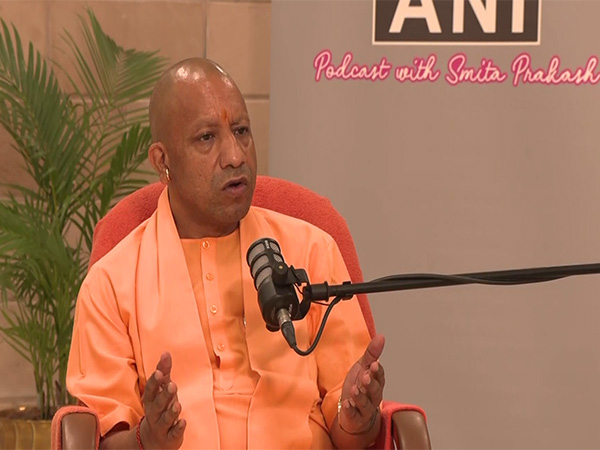
In a fiery response to Uttar Pradesh Chief Minister Yogi Adityanath’s comments regarding the three-language policy, Tamil Nadu Chief Minister MK Stalin has strongly defended his state’s position. Calling Adityanath’s remarks “political black comedy at its darkest,” Stalin emphasized that Tamil Nadu does not oppose any language but firmly resists language imposition and cultural chauvinism.
The Language Debate: Tamil Nadu vs. Centre
The long-standing conflict between the Tamil Nadu government and the central ruling party, BJP, has once again flared up over language policies. Tamil Nadu has historically adhered to a two-language policy, refusing to implement the Centre’s three-language formula under the National Education Policy (NEP). This has led to accusations from the BJP that the DMK is politicizing the issue and creating unnecessary divisions.
During an interview with ANI, Yogi Adityanath criticized the DMK government, stating that its resistance to the three-language policy was a tactic to secure electoral support. He suggested that Tamil Nadu’s leadership was attempting to create divisions along linguistic and regional lines.
In response, MK Stalin pointed out that Tamil Nadu’s resistance is not against Hindi but against forced imposition. He asserted that the BJP is visibly “rattled” by the growing opposition to the NEP and the delimitation policy.
Delimitation Controversy: A Threat to Southern States?
Apart from the language dispute, another contentious issue is the upcoming delimitation exercise, expected to take place after 2026. Tamil Nadu and other southern states fear that the new seat allocation system, which is likely to be based on population, will disproportionately reduce their representation in Parliament.
Stalin argues that states like Tamil Nadu, which have successfully controlled population growth through family planning measures, should not be punished by losing political representation. He warned that this approach would give more power to states with higher population growth while undermining those that have contributed significantly to India’s GDP and social development.
Yogi Adityanath’s Defense of the Three-Language Policy
Yogi Adityanath, while defending the Centre’s stance, remarked that Tamil Nadu’s opposition to Hindi was unnecessary. He argued that language should serve as a unifying force, not a divisive one.

“The country should not be divided on the basis of language or region. Prime Minister Modi has been fostering cultural exchange through initiatives like the Kashi-Tamil Sangamam. Tamil is one of the oldest languages in India, and we respect it. But why oppose Hindi?” Adityanath questioned.
He further emphasized that multiple South Indian languages, including Tamil, are taught in universities in Uttar Pradesh. Hence, he questioned why Hindi could not be given similar recognition in Tamil Nadu.
Stalin’s Sharp Rebuttal
Unimpressed by Adityanath’s arguments, Stalin took to social media platform X (formerly Twitter) to express his outrage. He reiterated that Tamil Nadu’s stance was a matter of preserving its identity and resisting cultural imposition, not opposing Hindi or any other language.
“Our fight is against forced imposition and linguistic chauvinism. This is a battle for dignity and justice,” Stalin wrote.
He also accused the BJP of using language politics as a distraction from pressing issues such as unemployment, economic slowdown, and inflation.
Political Repercussions and the Road Ahead
The ongoing debate has significant political implications, especially with the upcoming general elections. The BJP’s push for a common language policy is perceived as a strategy to consolidate its Hindi-speaking voter base, while regional parties like the DMK are positioning themselves as defenders of state rights and cultural identity.
With the delimitation exercise approaching, the conflict is likely to intensify. Southern states, led by Tamil Nadu, are expected to continue resisting policies they believe undermine their political influence. Whether this resistance translates into a stronger regional political front against the BJP remains to be seen.
Conclusion
The face-off between MK Stalin and Yogi Adityanath over the language issue and delimitation exercise highlights a broader battle over India’s federal structure. While the Centre argues for a uniform language policy to promote national unity, Tamil Nadu and other non-Hindi-speaking states view it as an encroachment on their cultural and linguistic identity.
As the debate continues, one thing is clear: language politics will remain a crucial electoral issue, shaping alliances and voter sentiments in the years to come.















